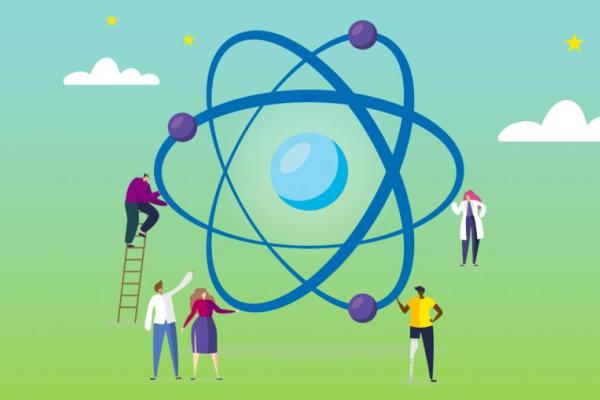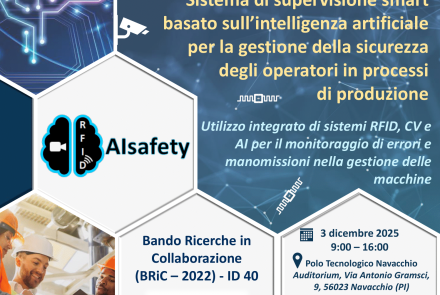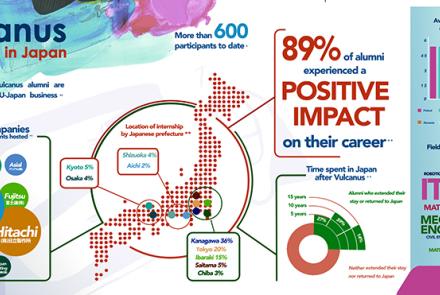ANSELMUS
Advanced Nuclear Safety Evaluation of Liquid Metal Using Systems
EURATOM 2027 call: HORIZON-EURATOM-2021-NRT-01
Project start date: September 1, 2022
Project end date: August 31, 2026
DICI team leader: Andrea Pucciarelli
The importance of low carbon energy sources in the efforts against rapid climate change makes nuclear energy part of a sustainable energy mix. Although there have been years of experience feedback with water cooled reactors, fundamental improvement, particularly regarding intrinsic safety and reduced nuclear waste generation is possible using advanced nuclear designs. Heavy metal cooled systems such as the lead fast reactor (LFR) combine the advantages of a fast reactor system that reduces waste with the intrinsic safety related properties such as the high boiling point, chemical inertia and improved heat transfer. ANSELMUS responds to the Horizon-Euratom -2021-NRT-01-02 call ?Safety of advanced and innovative nuclear designs and fuels. Its objective is to contribute significantly to the safety assessment of heavy-liquid-metal (HLM) systems, in particular ALFRED and MYRRHA as these are included in the roadmap for the development of advanced systems in Europe. It will use the maturity of both designs to create two detailed phenomena identification and ranking tables (PIRT) that identify all verification and validation needs and are used for further safety evaluation. The project will also experimentally validate key safety related sub-systems including the safety rods, failed fuel pin detection and the coolant chemistry control system. We also will improve the validation of numerical models describing the fuel assembly through experiments and simulations and work on reactor safety monitoring and inspection of HLM systems focusing on high temperature vessel inspection. Moreover, ANSELMUS will look into the societal impact of HLM reactors by assessing the integration of LFR in a mixed energy landscape, including economical aspects, and by addressing social and ethical considerations of advanced nuclear technologies. Finally, a dedicated effort will be put into education and dissemination towards all stakeholders including policy makers and the general public.







